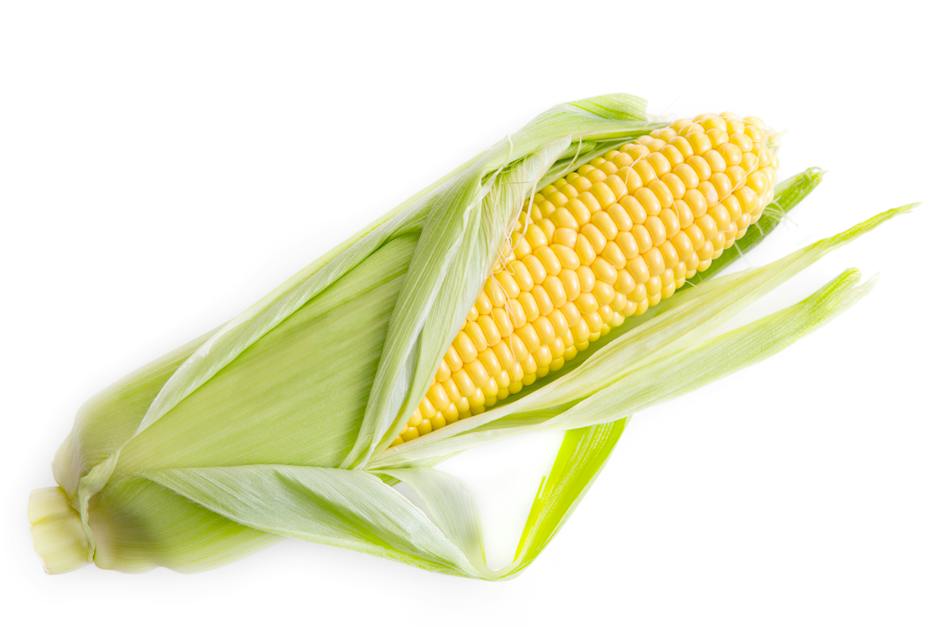The Comprehensive Guide to Corn Oil: Benefits, Uses, and FAQs
Corn oil, a popular kitchen staple, is a subject of much interest and debate among health-conscious consumers and culinary enthusiasts alike. In this comprehensive guide, we’ll delve into the multifaceted world of corn oil, exploring its benefits, uses, and addressing some of the most commonly searched questions. Whether you’re a seasoned chef or simply looking to make healthier choices, this article will provide you with the insights you need to make informed decisions about incorporating corn oil into your diet.
What is Corn Oil and How is it Made?
The Origins of Corn Oil
Corn oil is derived from the germ of corn kernels. It’s a refined vegetable oil widely used in cooking and frying due to its high smoke point and mild flavor. But how exactly is this oil extracted from corn?
The Extraction Process
The process begins with the milling of corn kernels, which separates the germ from the rest of the kernel. The oil is then extracted from the germ using a combination of heat and pressure or a solvent extraction method. After extraction, the oil is refined, which includes degumming, neutralizing, bleaching, and deodorizing to ensure it is safe for consumption and has a pleasant taste.
Health Benefits of Corn Oil
Nutritional Profile
Corn oil is rich in unsaturated fats, particularly linoleic acid (omega-6) and oleic acid (omega-9). It also contains vitamin E, a powerful antioxidant that helps protect the body from free radical damage.
Heart Health and Cholesterol
Studies have shown that when used in moderation, corn oil can have a positive effect on heart health. Its unsaturated fats can help lower LDL (bad) cholesterol levels while maintaining HDL (good) cholesterol, potentially reducing the risk of heart disease.
Cooking with Corn Oil
High Smoke Point
One of the reasons corn oil is favored for cooking is its high smoke point, which makes it ideal for frying and high-heat cooking. This means it can be heated to a high temperature before it starts to smoke and break down, retaining its nutritional value and flavor.
Versatility in the Kitchen
Corn oil’s mild flavor makes it a versatile ingredient in the kitchen. It can be used for salad dressings, marinades, baking, and even in the preparation of margarine. Its ability to blend seamlessly with other ingredients without overpowering them is a significant advantage.
Common Questions About Corn Oil
Is Corn Oil Better Than Olive Oil?
This is a common question with no straightforward answer, as both oils have their unique benefits. Olive oil is renowned for its heart-healthy monounsaturated fats and is a staple of the Mediterranean diet. Corn oil, on the other hand, is more affordable and has a higher smoke point, making it more suitable for high-heat cooking.
Can Corn Oil Be Used for Deep-Frying?
Absolutely. Corn oil’s high smoke point (about 450°F or 232°C) makes it an excellent choice for deep-frying. Foods cooked in corn oil absorb less oil, resulting in a less greasy final product.
Sustainability and Environmental Impact
Corn Oil Production
The production of corn oil must be considered in the broader context of corn cultivation. Corn is a crop that requires significant resources, including water and land. The sustainability of corn oil is thus tied to the practices used in corn farming.
Environmental Considerations
Choosing corn oil from sources that employ sustainable farming practices can help mitigate environmental impact. Look for certifications and brands that prioritize eco-friendly methods and responsible resource management.
Conclusion: Is Corn Oil Right for You?
In summary, corn oil is a versatile and widely used vegetable oil with several health benefits when consumed in moderation. Its high smoke point makes it suitable for various cooking methods, and its mild flavor ensures it doesn’t overpower dishes. When selecting corn oil, consider the source and production methods to ensure you’re making an environmentally responsible choice.
Whether you’re experimenting with new recipes or looking for a reliable oil for your culinary needs, corn oil is a worthy contender. By understanding its properties, benefits, and uses, you can make an informed decision about how it fits into your diet and lifestyle. Remember to balance your intake with other healthy fats to maintain a well-rounded diet.


